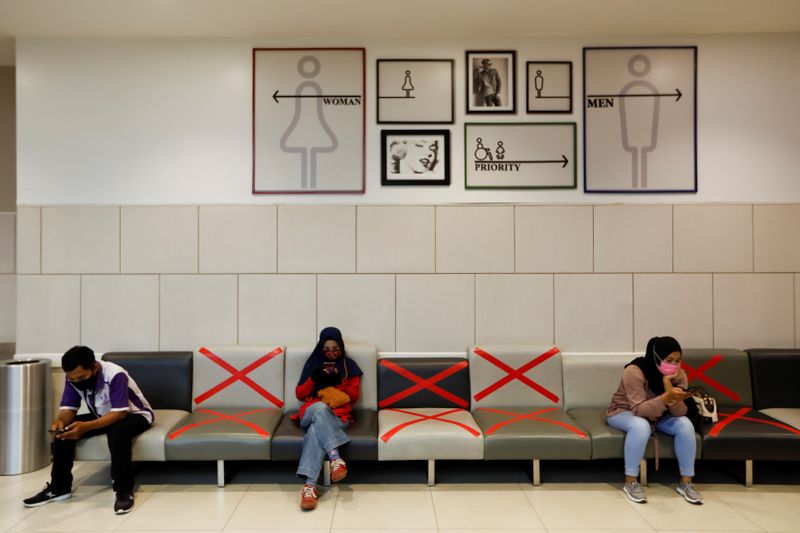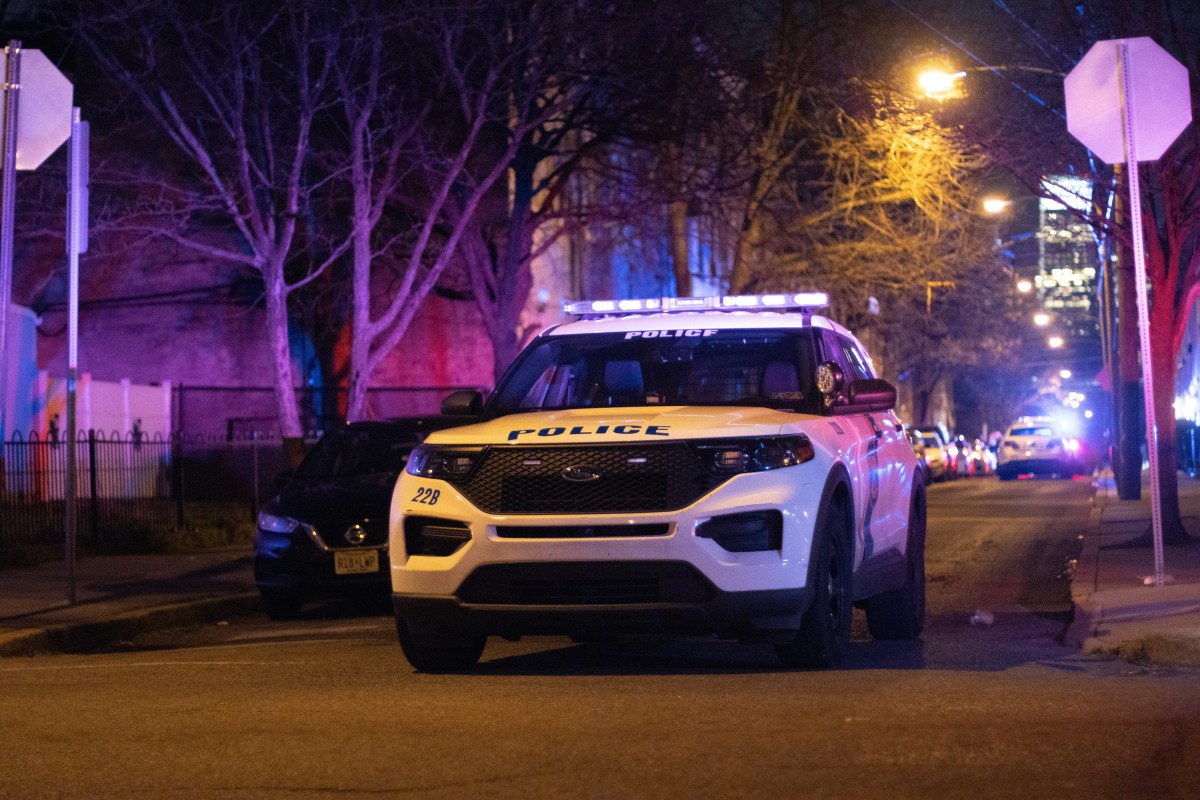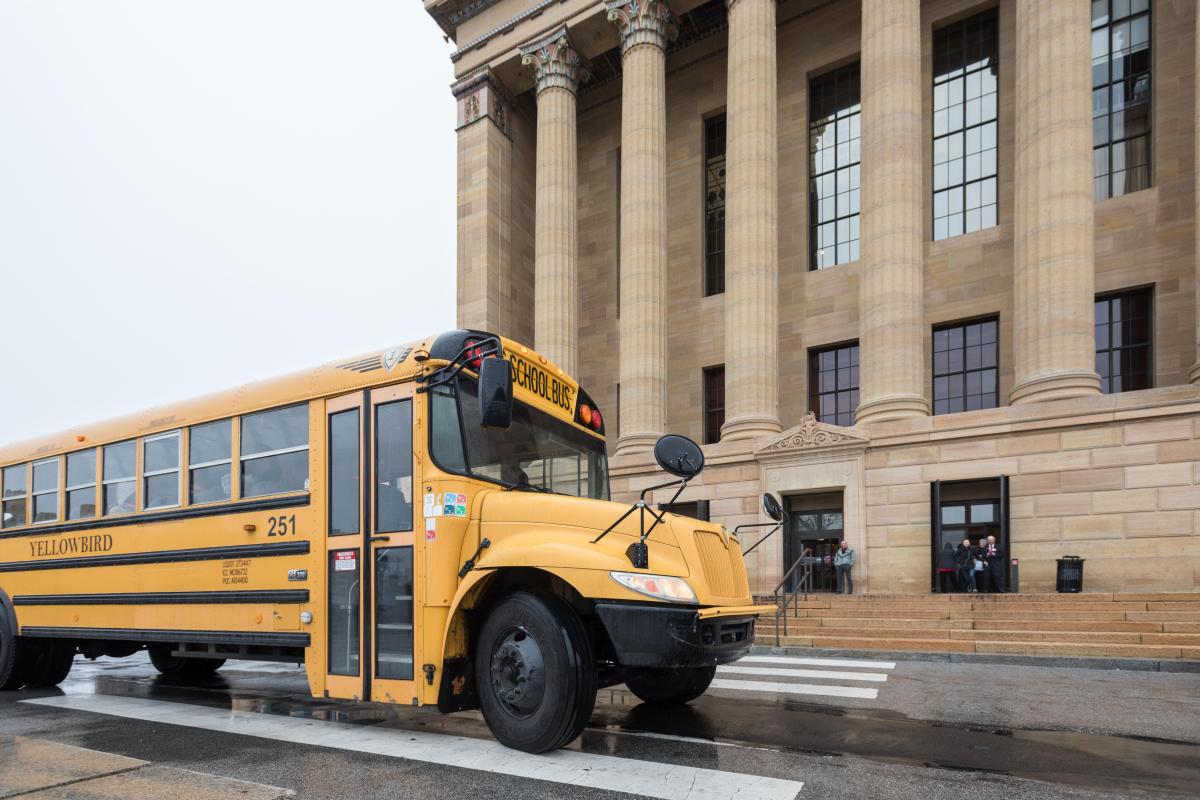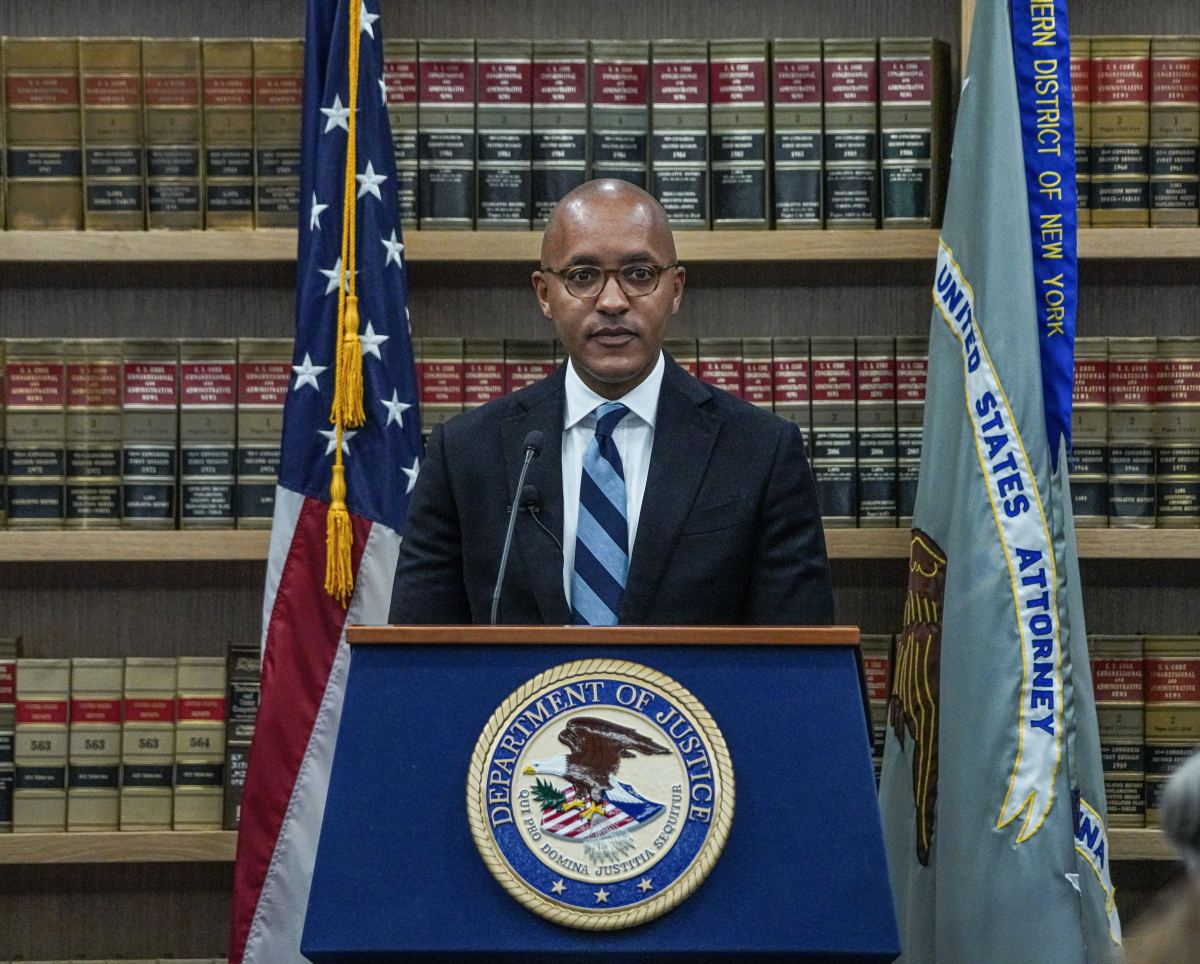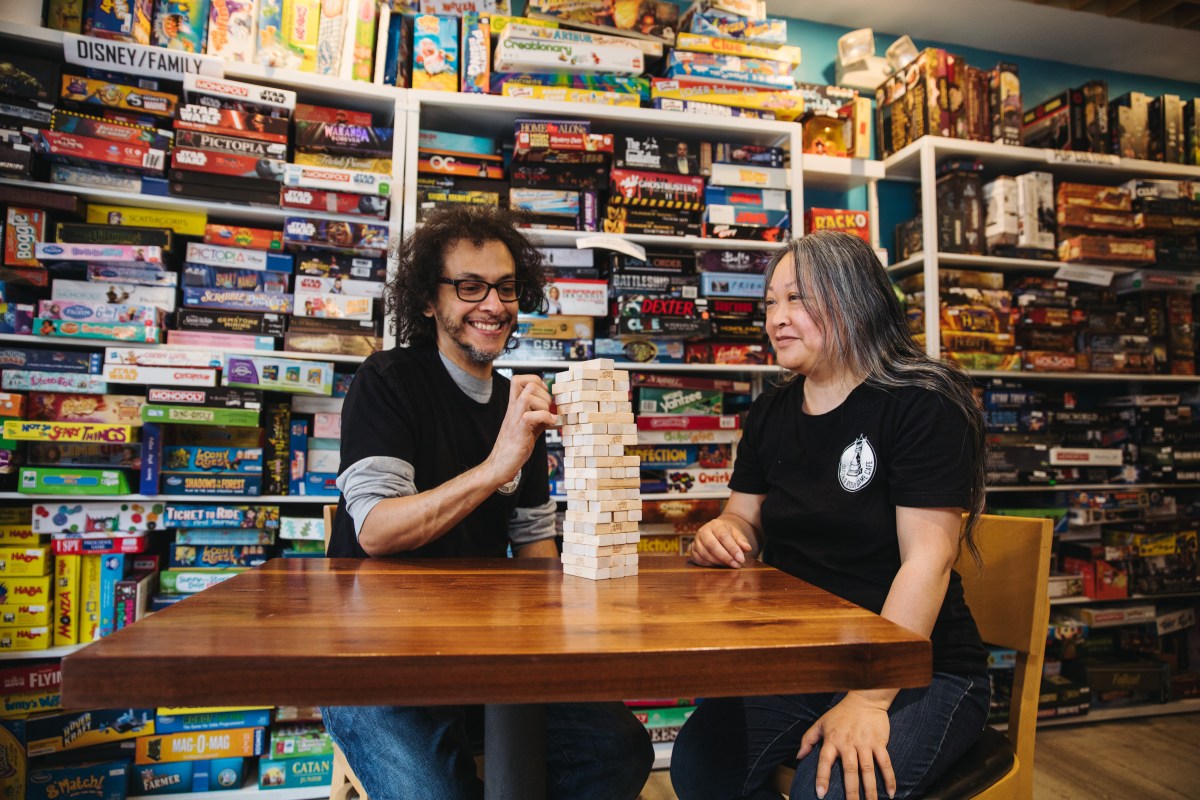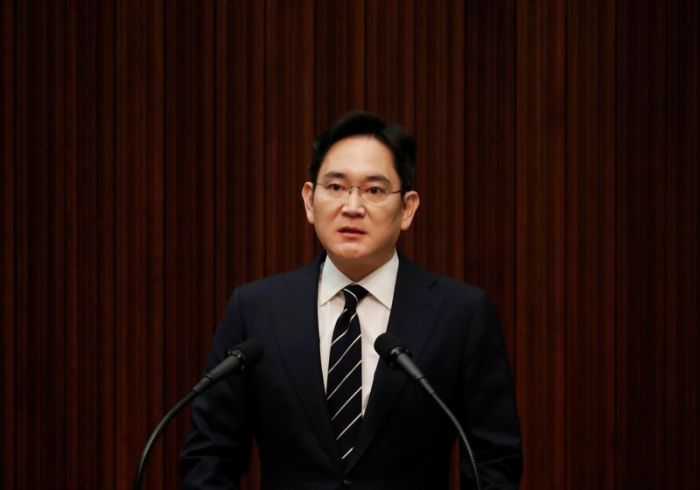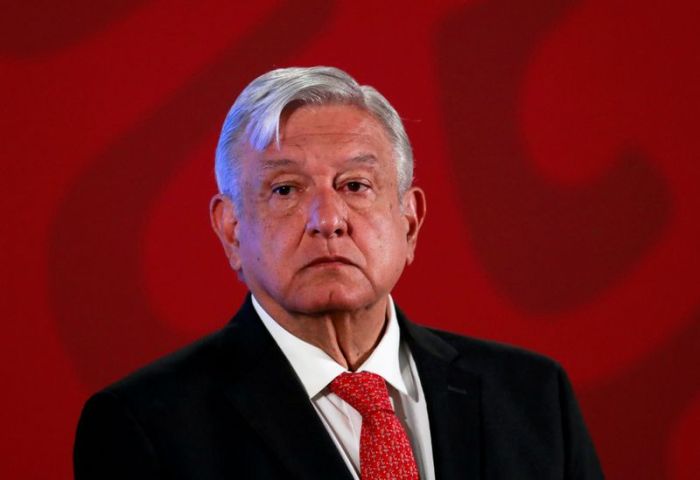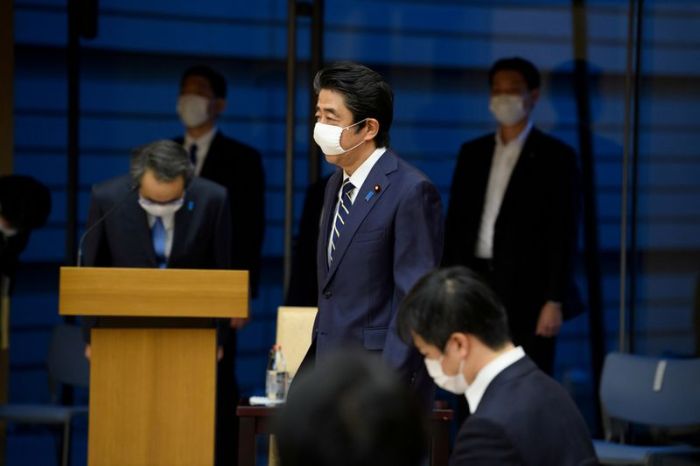JAKARTA (Reuters) – Indonesia’s military ordered the deployment of hundreds of thousands of soldiers and police on Tuesday to enforce rules on wearing masks and safe distancing after reports of people in the world’s fourth-most populous nation flouting them.
Even as cases of the coronavirus have continued to spike in the Southeast Asian nation, now reaching nearly 23,000 infections and 1,391 deaths, people have often been seen ignoring measures to stop the spread of the pandemic.
From Tuesday, about 340,000 officers will be deployed across four provinces to ensure the country’s transition to the “new normal”, Indonesian military chief Hadi Tjahjanto said Monday.
“We will monitor people to ensure people are wearing masks, and are also maintaining a safe distance from others,” said Hadi. “What we want is that people can do their activities, and at the same time stay safe from COVID-19.”
Under the “new normal”, the capacity of malls and supermarkets will be halved in terms of customers permitted.
Indonesian President Joko Widodo said the measures would help protect people’s health and the economy.
“We want to remain productive while still safe from COVID-19,” he said, after inspecting a mall in the city of Bekasi. “In the new normal the military and police will watch crowds to ensure people become more disciplined.”
Officers will be deployed on streets, malls and other strategic locations in the provinces of Jakarta, West Java, Gorontalo and West Sumatra, in a joint operation between the Indonesian military, police and local government.
The enforcement measures come days after people flocked to local markets in the capital and its surrounds, many unmasked, buying new clothes for Eid, the celebration at the end of the Islamic fasting month.
Indonesia has come under fire from public health experts since March for its belated response to the infection, while in recent weeks a string of regulatory backflips around social curbs, work and travel has resulted in widespread confusion.
As local governments prepare to ease social restrictions in the coming week, the government also announced on Tuesday its new “United Against COVID” mobile app, which allows users to identify areas of high coronavirus risk.
(Reporting by Agustinus Beo Da Costa; Stanley Widianto and Maikel Jefriando, Writing by Kate Lamb; Editing by Raju Gopalakrishnan, William Maclean)

